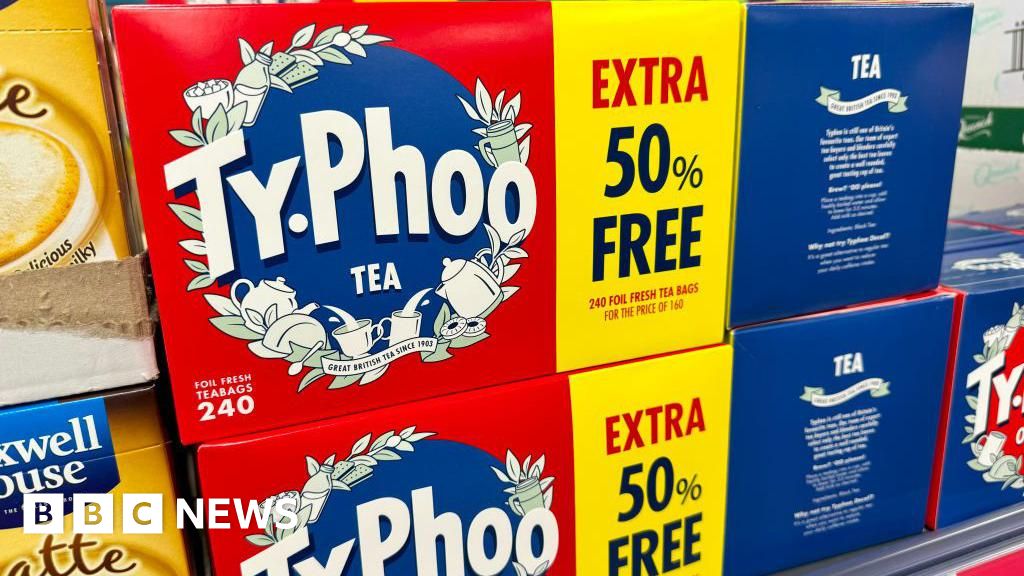ARTICLE AD BOX
Image source, Getty Images
Households could see cuts in energy bills of about £200 under government plans to ease the impact soaring prices, the BBC understands.
Bosses at two energy providers have confirmed the move as part of a plan that will also include an extension of support for those most in need.
The Treasury is putting the finishing touches to a £5-6bn loan package for firms, enabling them to reduce bills.
On Thursday, the energy regulator will unveil details of a sharp price rise.
Ofgem's price cap, which limits the amount firms charge for units of gas and electricity, will be raised from 1 April.
Firms are struggling under the weight of surging wholesale prices, but passing on some of that rise to domestic users will deepen the cost of living crisis for households.
The government's "rebate and clawback" loan scheme to ease energy costs, first revealed in The Times , would involve companies passing on the money to households to limit April's rise.
But it has raised concerns among providers because the money would still have to be paid back eventually.
Energy bosses told the BBC they are still in the dark about the details, but thought companies would recoup the money from households over three to five years as wholesale costs fall.
However, the bosses said wholesale prices are not expected to fall significantly any time soon.
The government's announcement, which could come as early as Thursday, may also include an extension of the warm homes discount and changes in other benefits.
It is feared Ofgem's announcement will take the average annual domestic energy bill from 1 April to about £2,000 for 22 million households, up from about £1,300.
That has intensified calls in recent weeks for the government to step in to help struggling households.
Rising energy bills have driven a sharp rise in UK inflation, now at a 30-year high of 5.4%. Inflation is forecast to rise further this year, along with interest rates.
Across the economy individuals and companies are reporting price pressures. On Wednesday, a survey found that shoppers are seeing the sharpest rise in prices for a decade.

 2 years ago
61
2 years ago
61








 English (US)
English (US)